Building a simple pipeline
 Alla Yasheela
Alla YasheelaTable of contents
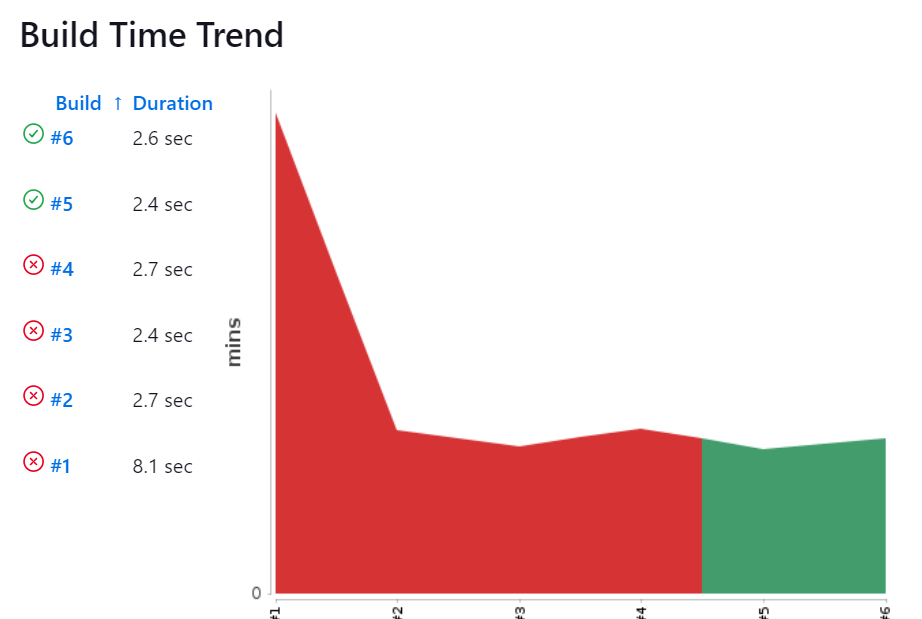
Deploying Jenkins and Building a Simple Pipeline:
Step 1: Verify Jenkins Status
First, check whether Jenkins is running by verifying its status.
command: systemctl status jenkins
Step 2: Access Jenkins
Deploy Jenkins by copying the DNS name from your Azure portal for your virtual machine (VM). Open your browser and paste the URL with :8080 at the end, which is Jenkins' default port.
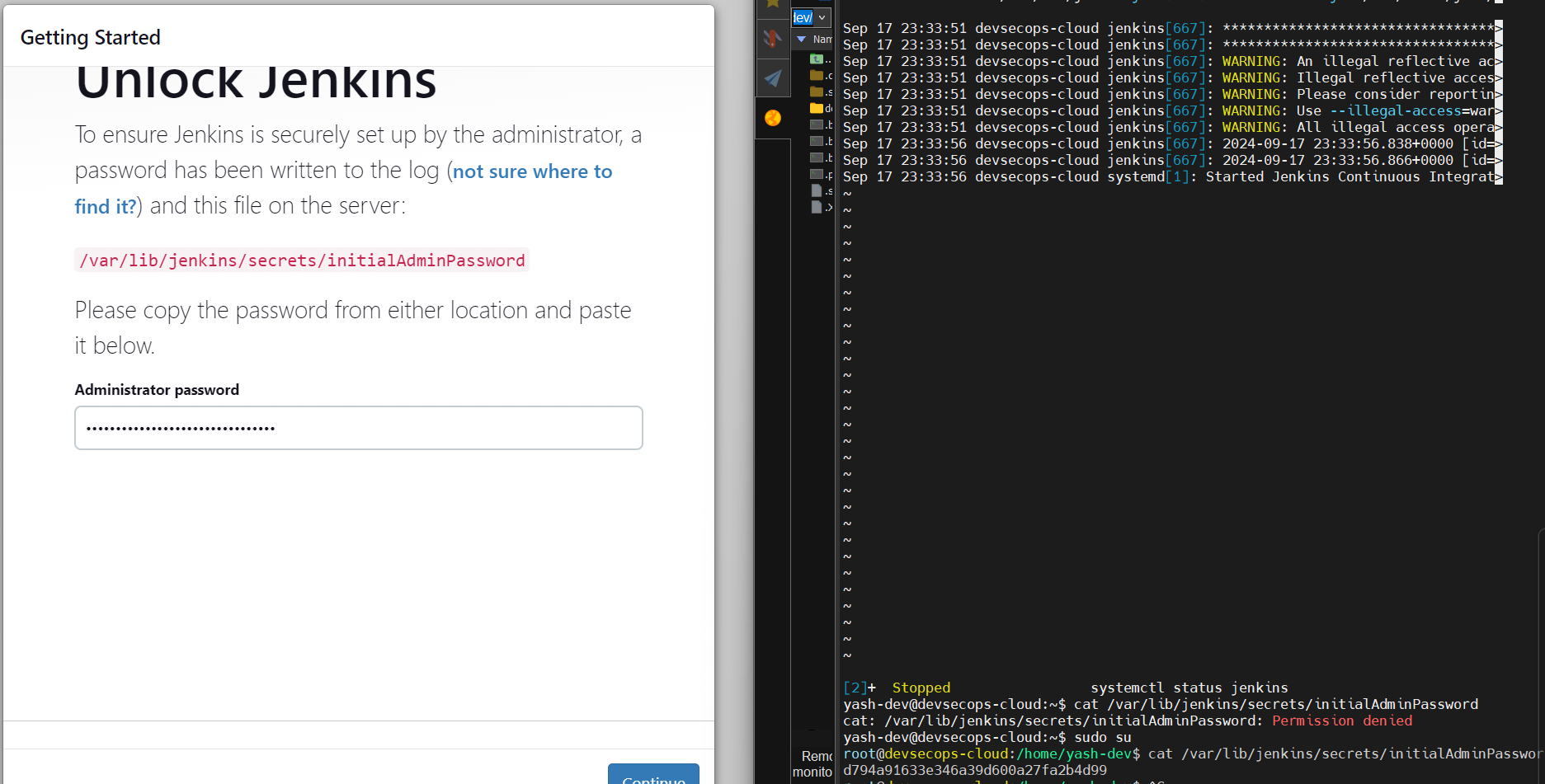
Step 3: Create a Jenkins User
Once Jenkins is accessible, Install the Jenkins, and create your user account. This step is necessary for managing Jenkins and its pipelines.
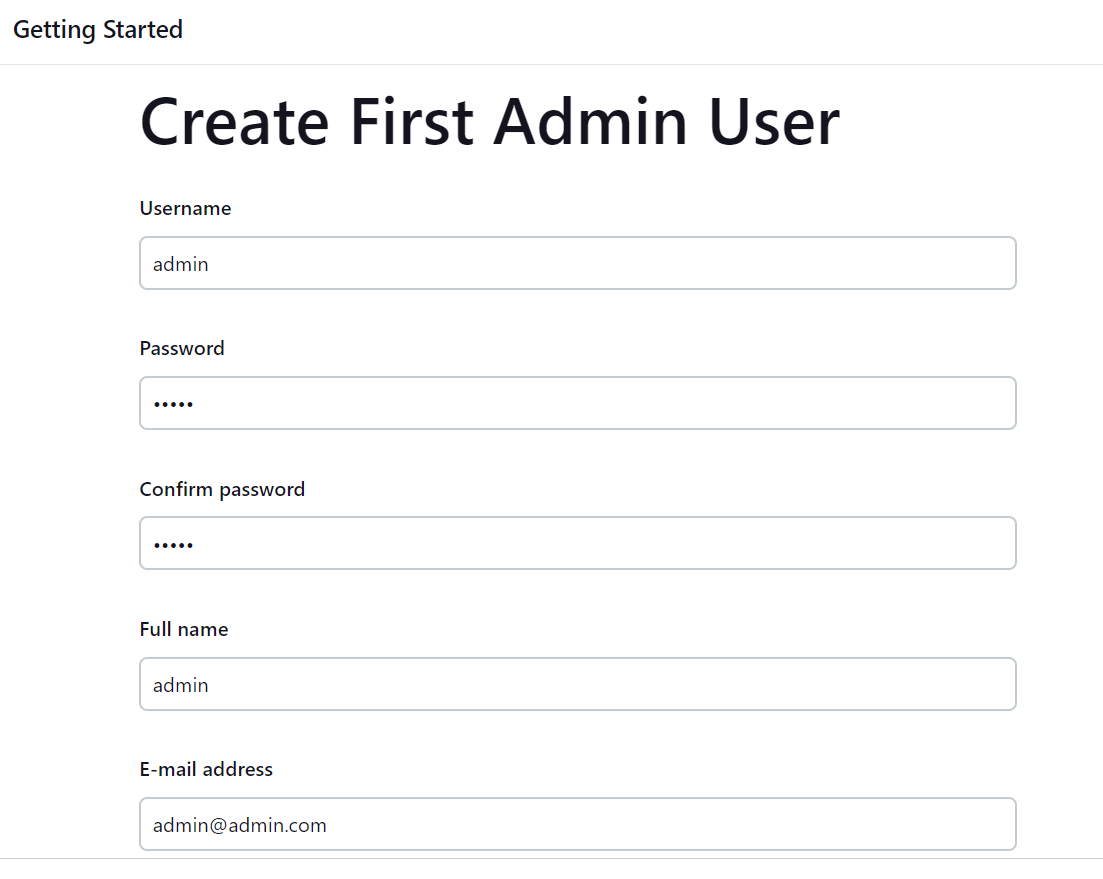
Step 4: Install Jenkins Plugins
Enhance Jenkins by installing the required plugins. You can do this either manually through the Jenkins interface or via commands.
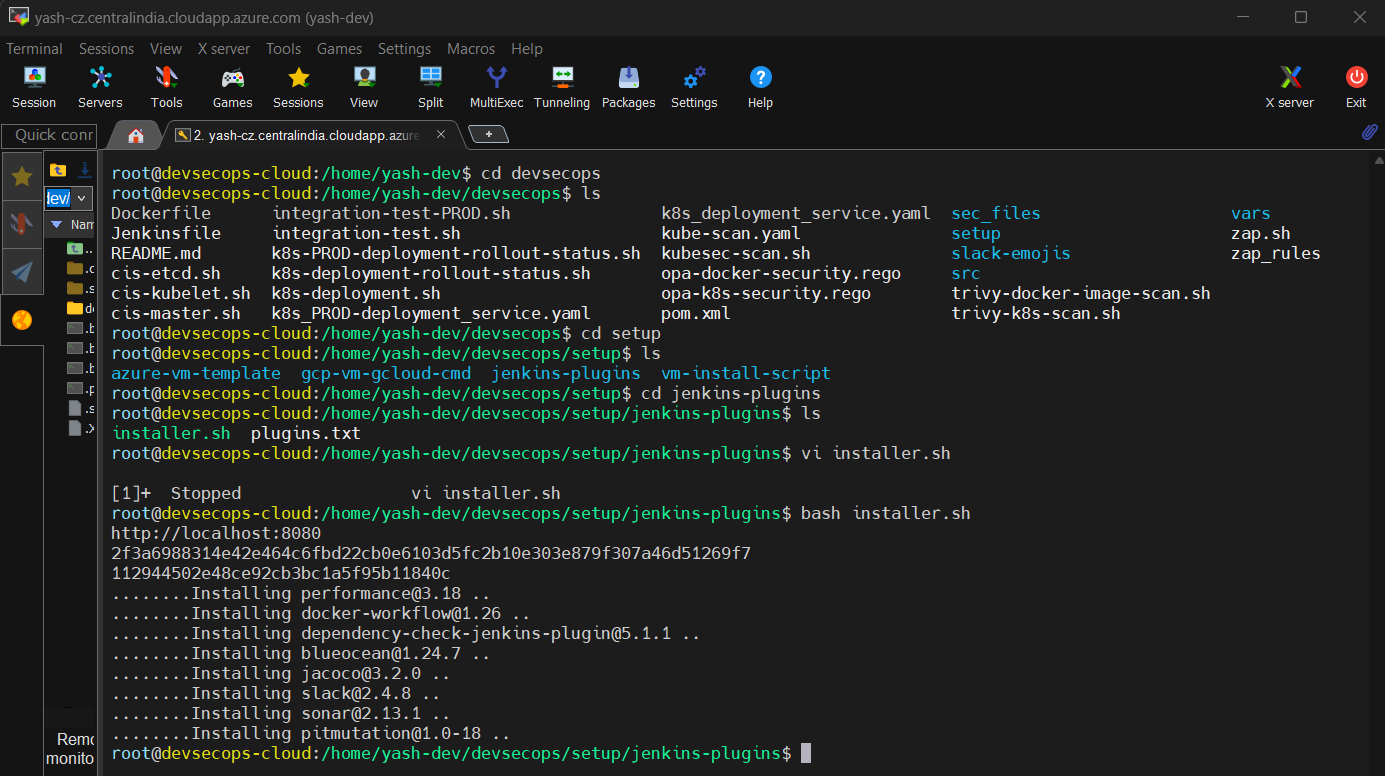
Ensure that the plugins are installed correctly by checking them in the Jenkins plugin manager.
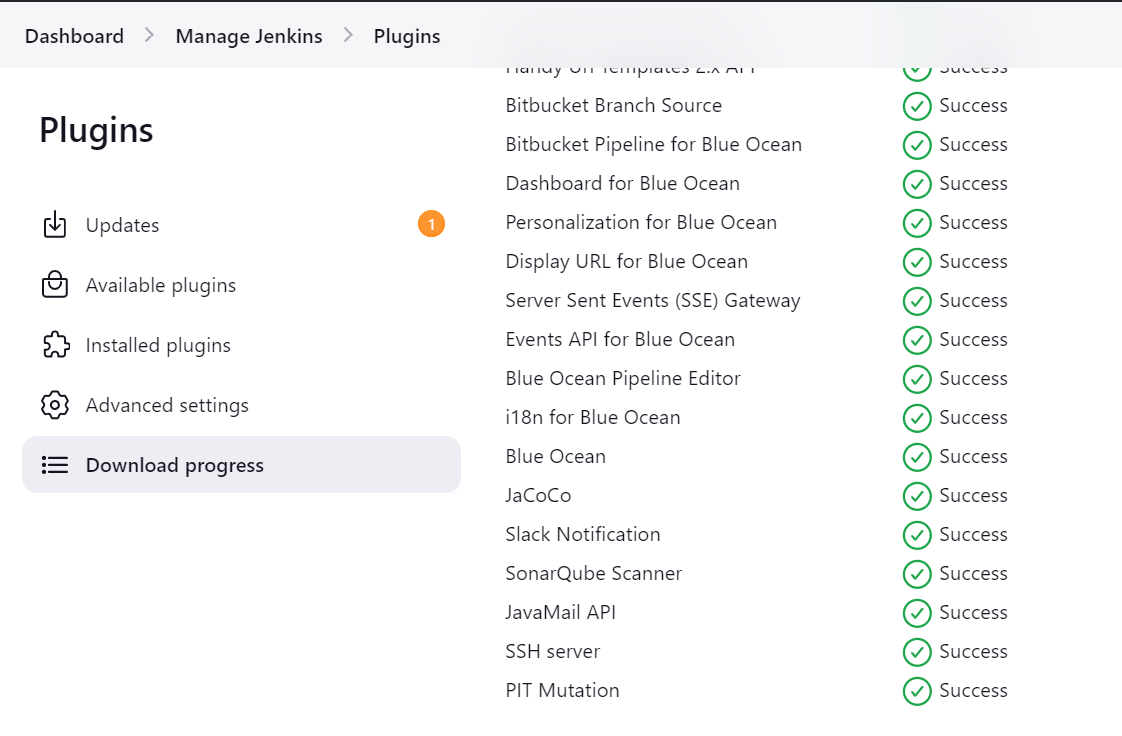
Note: If Kubernetes is not installed by default, you will need to install it manually.
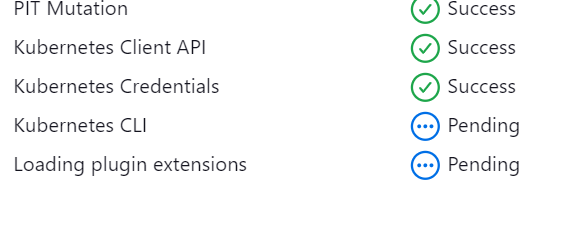
Step 5: Build a Pipeline
To build a pipeline, run the script in Jenkins.
During this process, you might encounter errors related to Kubernetes, such as authentication issues.
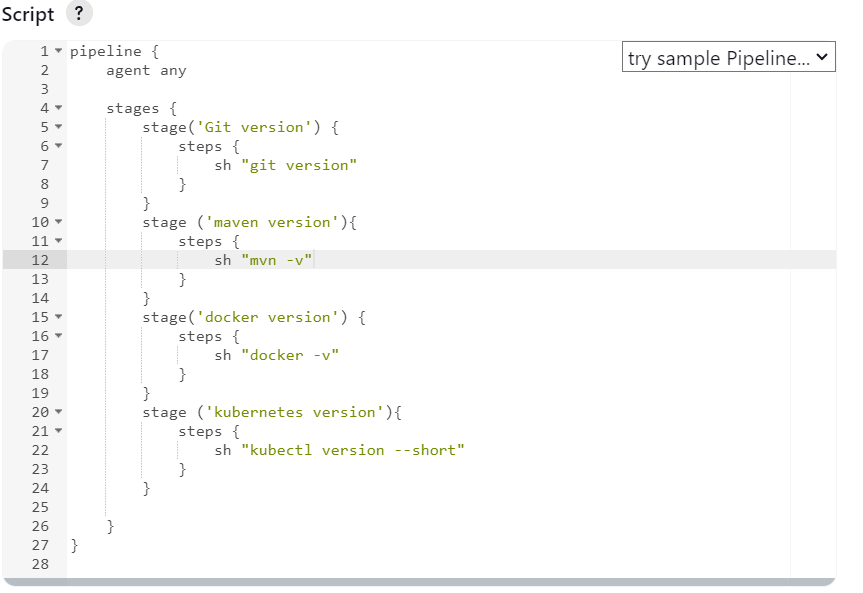

Step 6: Troubleshoot Errors
If you run into problems, especially with Kubernetes authentication, configure Kubernetes properly.
You may need to use specific commands for this configuration.

Step 7: Rebuild the Pipeline
After resolving any errors and configuring Kubernetes, attempt to rebuild the pipeline. You should be able to complete this step successfully.
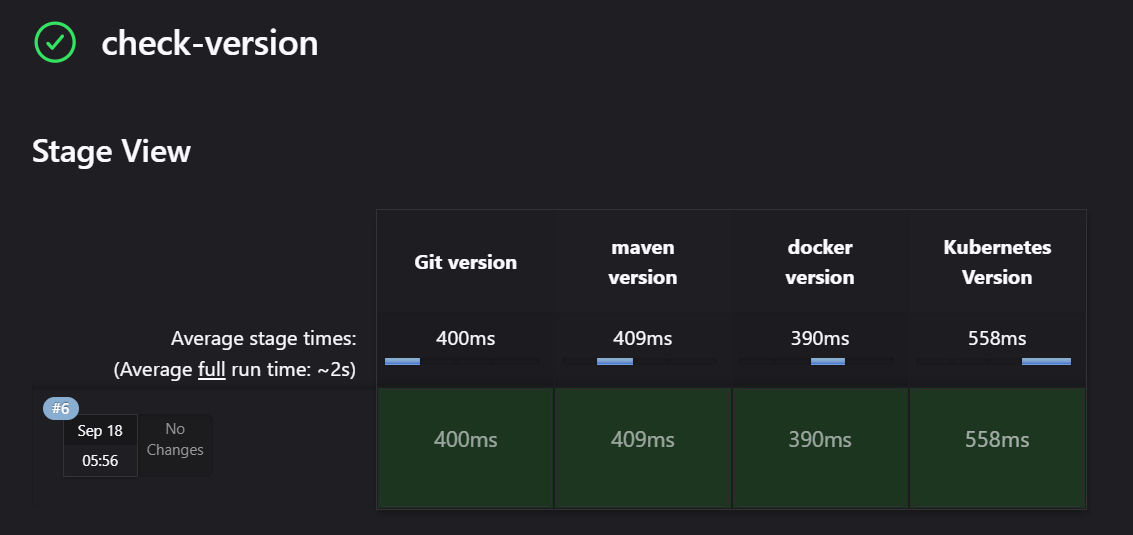
Congratulations on building your Jenkins pipeline!
Tip: Troubleshooting is a key part of pipeline building.
Observe errors carefully and debug them as needed. If you need additional help, don't hesitate to ask for assistance.
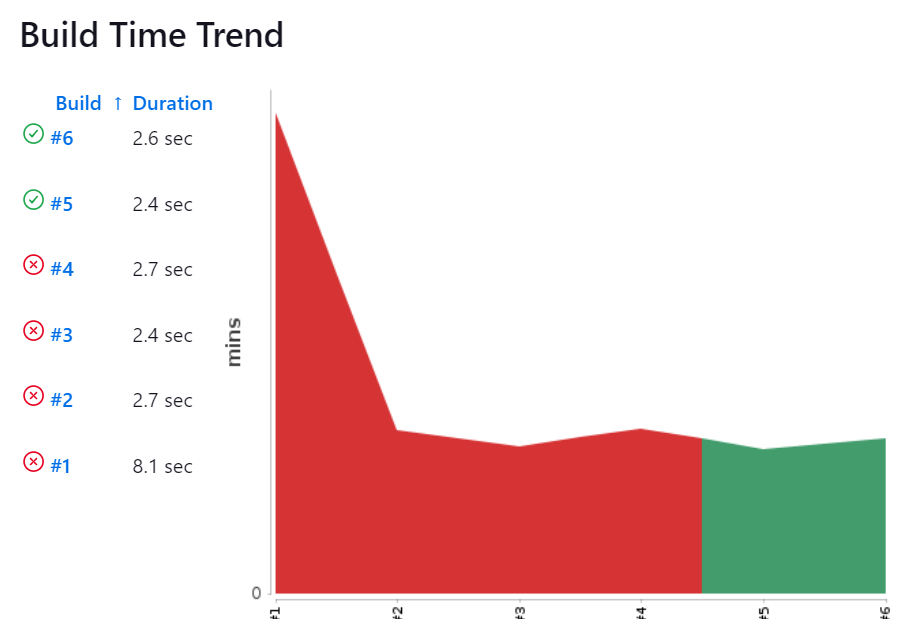
Happy debugging :)
Subscribe to my newsletter
Read articles from Alla Yasheela directly inside your inbox. Subscribe to the newsletter, and don't miss out.
Written by

Alla Yasheela
Alla Yasheela
I'm Yasheela, an undergraduate with a deep interest in DevOps, and cloud technologies. Currently working on exciting projects on all things DevOps. I’m passionate about simplifying complex concepts and sharing practical insights. Through my Hashnode blog, I document my learning journey, from building scalable applications to mastering cloud services, with the goal of empowering others to grow their tech skills. Let's Learn Together !!